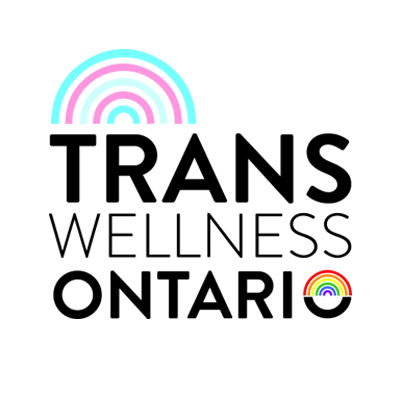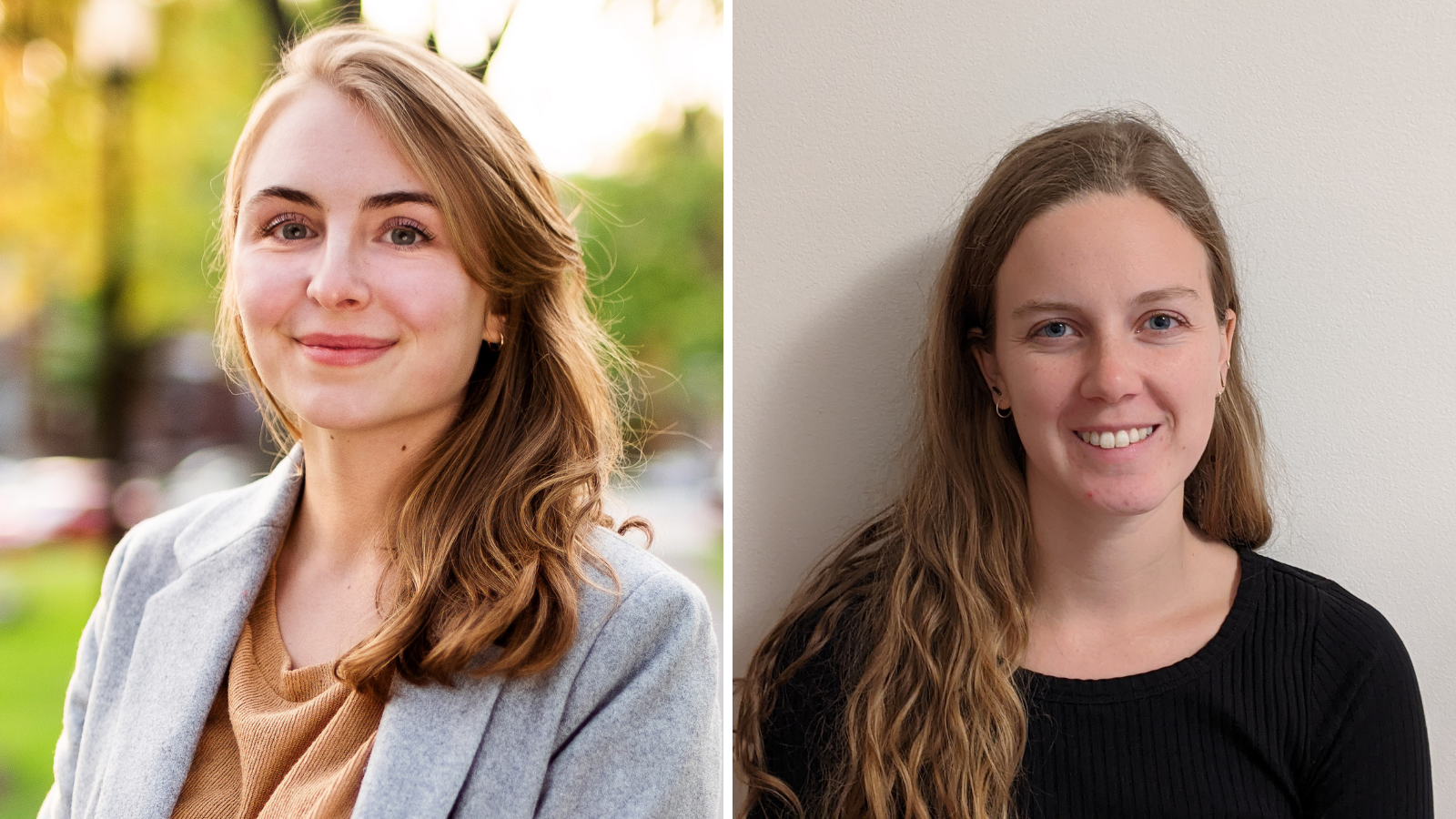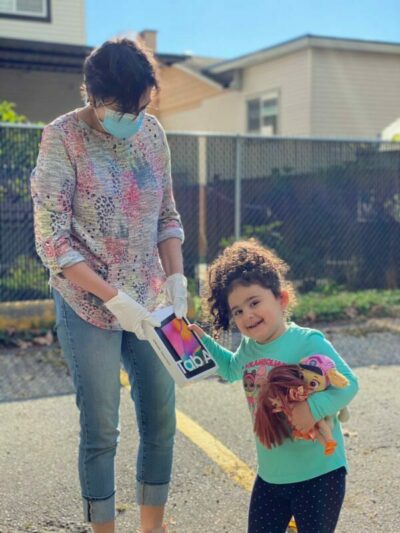
We recently spoke to Trans Wellness Ontario about how their work is enhancing the health and wellness of the Transgender, Genderqueer, Two-Spirit, Non-Binary, Queer and Questioning communities and their families:
If you could get Canadians to understand one thing about your work, what would it be?
The work that we do is life-saving. Trans and queer people experience many barriers to accessing services for their overall health and wellness. As an agency, we seek to reduce those barriers and dismantle systemic injustices through education. Our mission is to enhance and sustain the health and wellness of Transgender, Genderqueer, Two-Spirit, Non-Binary, Queer and Questioning communities and their families.
What are some unique challenges that you have faced in your work? What are you doing to overcome them?
As a non-profit charitable organization, obtaining sustainable funding for our programming is a constant challenge, especially since the need for our services is constantly increasing. We are overcoming this by taking advantage of every funding opportunity available, including fundraising initiatives like the T.W.O. Much Fun Pride March.
How has the pandemic impacted your work?
While barriers to safe and timely access to services have always existed within queer and trans* communities, the pandemic has greatly exacerbated these barriers. The temporary elimination of in-person services made it difficult for some community members to continue accessing our services if they did not have access to the appropriate technology, leading to disproportionately high rates of social isolation within the community.
What keeps you going? Are there any hopeful stories that you can share with us?
Our services continue to be in high demand. On average, each month we are conducting about 130 counselling sessions and almost 60 peer mentoring sessions, in addition to many other services including outreach, support groups, housing assistance, and more. Thanks to the support of our funders and donors, we are able to continue to provide these free services to a high-risk community. Many of our clients share with us that they have not felt “safe”, “validated”, or “authentic” before accessing our centre – even more consider it to be a “home away from home”.
The Equal Futures Network acknowledges that Indigenous people are the traditional guardians of Turtle Island, on the land also known as Canada






